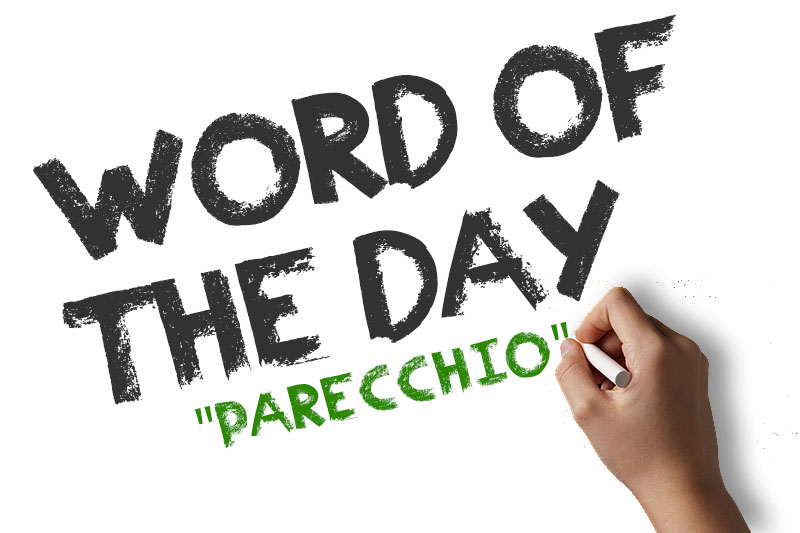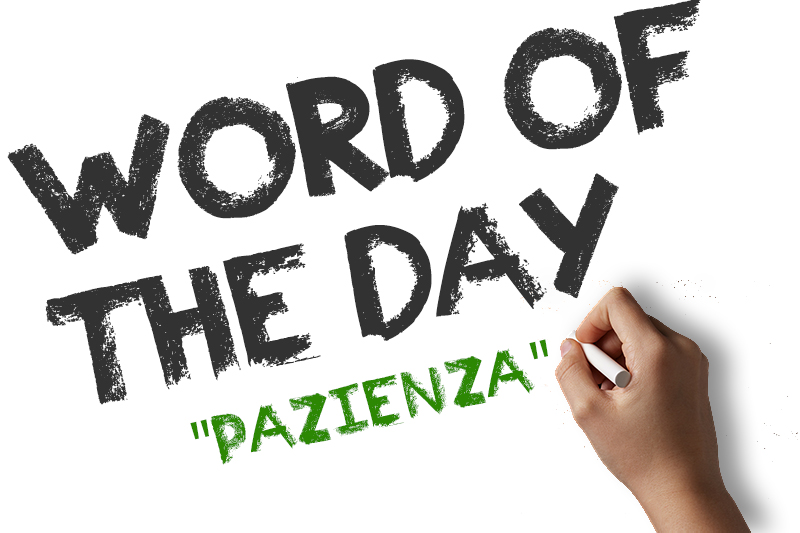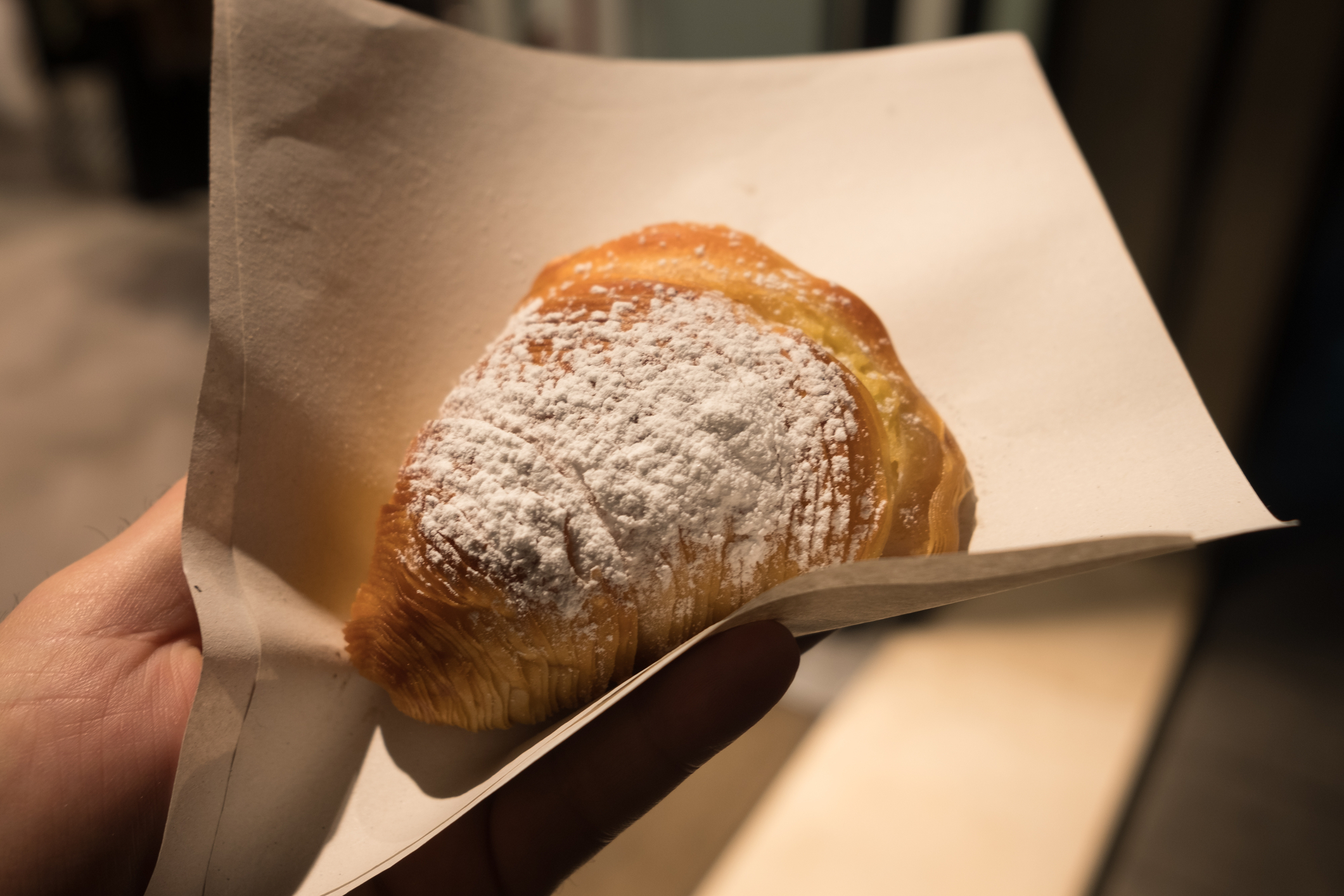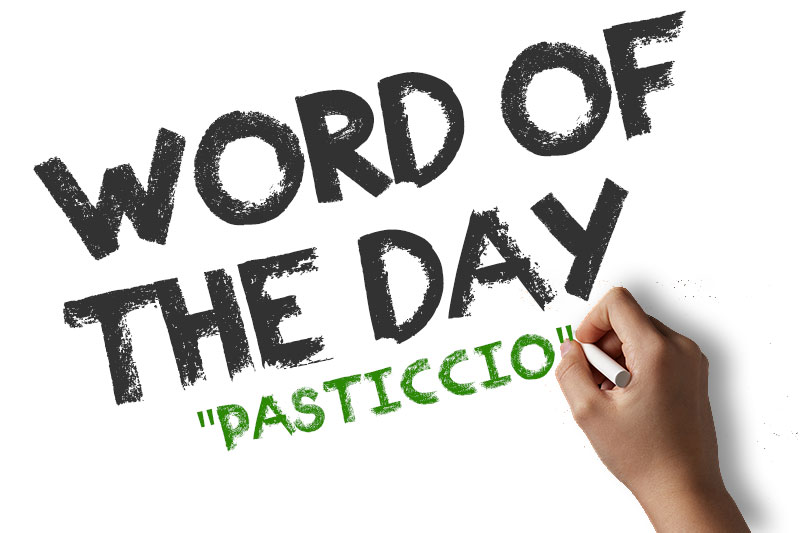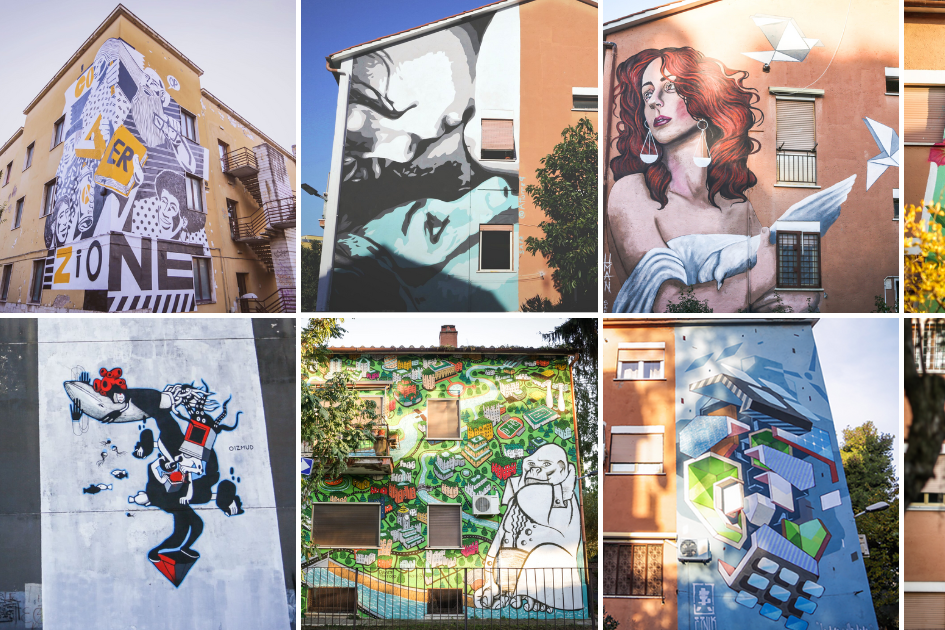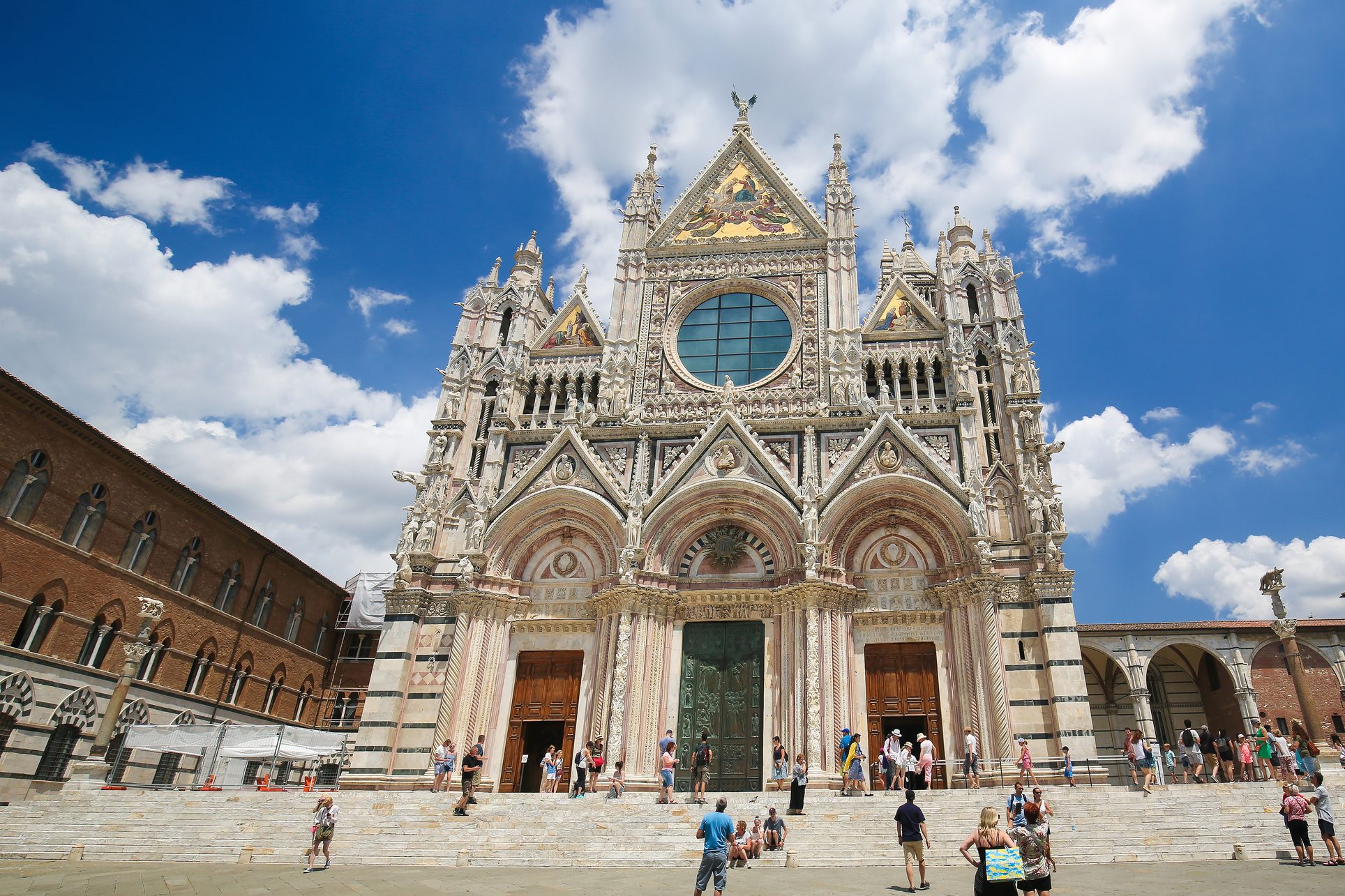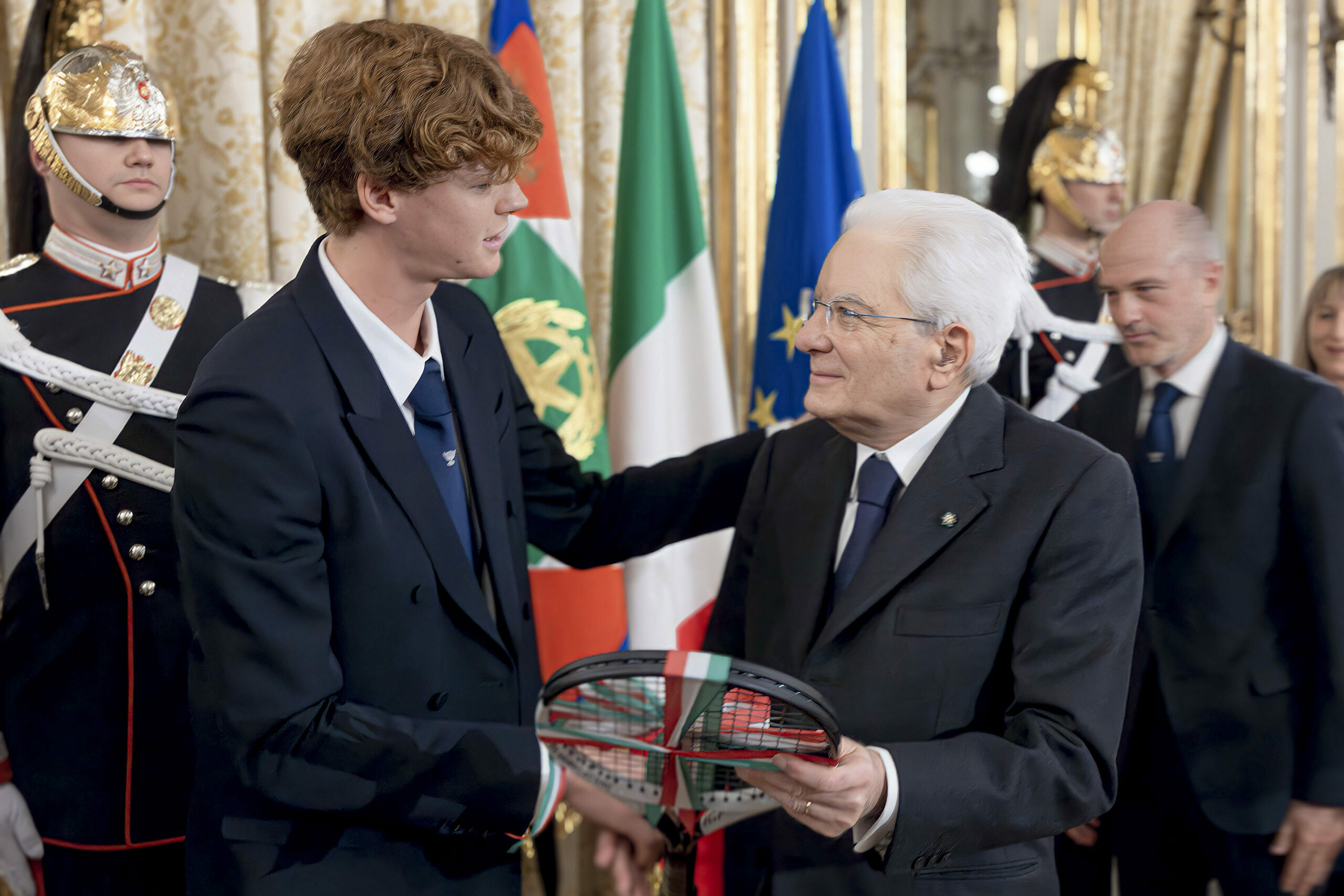Word of the Day
Today’s word is easy in every sense!Easy because it is incredibly common, because you won’t find it hard to pronounce and because it means just that: easy! Facile (fah-tchee-lai) is an incredibly common word, one you need to have in …
I think I must use the word parecchio (pah-rai-keeoh) at least a dozen times every day and, like me, every Italian does. Parecchio means “a lot,” “in large quantity,” “very” and can be used in all contexts you can think …
Intanto (een-tahn-toh), il nuovo anno è incominciato. This little sentence is perfect to explain how our word of the day works. Let’s see why. You can translate the sentence above in two different ways, based on the meaning you decide …
Moka (moh-kah) is an easy Italian word to pronounce, perhaps because it isn’t Italian at all! “Moka” is the term inhabitants of the Belpaese use for the most important kitchen appliance they own: their beloved, stove-top coffee maker. If you …
Today’s word is wonderful, because just saying it cheers you up. Buffo (boof-foh) means funny or silly, in a nice, good-hearted way. Something is “buffo” when it makes you smile because of its awkwardness, clumsiness or because it’s just curious, …
Pazienza(pah-tsee-ehn-tsah) comes from the Latin patire, to endure, and from the Greek paskein, to feel or endure something. It has the same root of another common Italian word, paziente, which means “to be patient,” but also indicates people suffering from …
Mozzafiato (moh-tsa-feeah-toh) means “breathtaking,” but it’s a bit more gory. While, in English, something that surprises or emotions you “takes your breath away,” in Italian it cuts it off your lungs. Because that’s what mozzafiato literally means! The verb mozzare, …
Sfogliatella (sfoh-lleeah-tehl-lah) sounds as sweet as it taste. The word is the diminutive of sfogliata (a type of cake), which in turn comes from sfoglia, the Italian for puff pastry. Sfoglia means “thin layer,” as the pastry is made with …
Italians often use the word mannaggia (mahn-nadj-dja) instead of others they think more offensive. It usually expresses annoyance or spite and can sometimes come in association with other words to create colorful sayings, such as mannaggia la miseria!, which we …
Pasticcio (pah-stee-tchoh) comes from the vulgar Latin pasticium, in turn related to another late Latin word we know much better, pasta. It is attested in our beautiful language for the first time in 1525, a tad too late for our …



